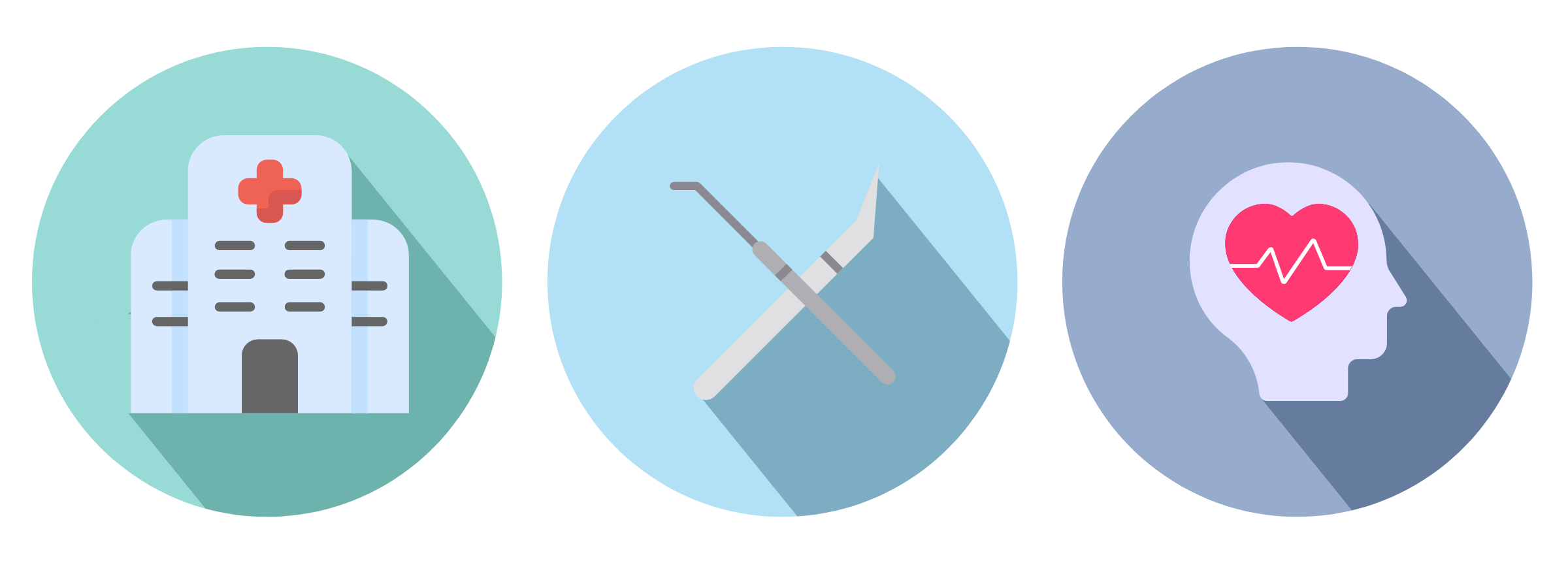Understanding your transition in healthcare

This information is designed to support your transition journey to adult healthcare services.
For a summary version, please download the CYP transition in healthcare - moving on to adult care PDF.
Explore the topics on this page:
Changes in healthcare when becoming an adult
Consent, confidentiality and finances
What transition means
In healthcare, the word transition describes the process of planning, preparing, and moving from children to adult services.
Transition is a gradual process that involves you and those involved in your care.
Transition is not the same as transfer. Transfer is the point that you will move from one service to another.
Moving to a new healthcare team may be worrying, but by getting involved in the transition process you can feel more confident about the move.
How we can help
- We involve you and your family in planning for your future care and support.
- If appropriate we can see you on your own for part of the clinic appointment or visit.
- We can make sure you know when and where to get help and who to contact in an emergency.
- We can help you to understand how your condition or illness might affect your future education and career plans.
- We can provide information about support networks.
- We can help you to understand the importance of a healthy lifestyle including diet, exercise, smoking, sex and relationships.
- We can help to manage prescriptions, and your knowledge about your condition.
- We can support with other important things that might be happening such as relationships, education or careers, lifestyle, mental health and emotional wellbeing.
- We work together with other health and social care providers, schools and other agencies.
- We can offer support with thinking about advanced care planning. This can help new teams to understand your wishes.
- Be a point of contact when advice, guidance or support is needed.

Family
Parents and carers will be able to give you lots of helpful advice about managing your healthcare. We encourage you to talk to your parent or carer about how you feel about your move to adult care. Your parent or carer may also have some worries of their own.
You and your parent or carer may have questions about how your condition might affect adult life, like career choices, benefits, relationships or family planning. It is a good idea to discuss these with your healthcare team, who can provide information about other organisations that can help.
Changes in healthcare when becoming an adult

Other changes to be aware of:
Consent, confidentiality and finances
SEND
When a young person with a disability reaches 18 years old, the responsibility for providing their social care support transfers from children to adult social care and health services. The services provided may change. This could mean that you are no longer eligible for the same services, or that different services may be more suitable.
A transition plan into adulthood should be made before your 18th birthday to reflect all your needs for education, training, leisure, employment, health, wellbeing and social care. The plan is to enable you to live as independently as possible.
For more information please contact your local Adult Social Care Team:
Reasonable adjustments
The NHS has to make it as easy for people with disabilities to use health services as it is for people who are not disabled. Making reasonable adjustments means ensuring people with disabilities have equal access to good quality healthcare. Ask a GP to add a reasonable adjustments flag to your summary care record. Read more about sharing information about support needs.
Learning disabilities and/or autism
Hospital passports
A hospital passport tells the hospital about your needs, healthcare, how you like to communicate and how to make things easier for you. Read more about:
Getting ready for change
We invite you to complete one of our getting ready for change questionnaires.
You will be asked a few questions to help you think about your health and wellbeing as you transition (move) to a new stage of education and how to help get ready for this change.
After answering these questions you will be given a summary of your answers and provided with some helpful information and online resources.
Your results can be downloaded as a PDF. The questionnaires are anonymous and will not appear on your health record.
If you are aged between 12 and 14, please complete the Year 9 questionnaire. If you are over the age of 16 you can complete the Year 11 questionnaire.


